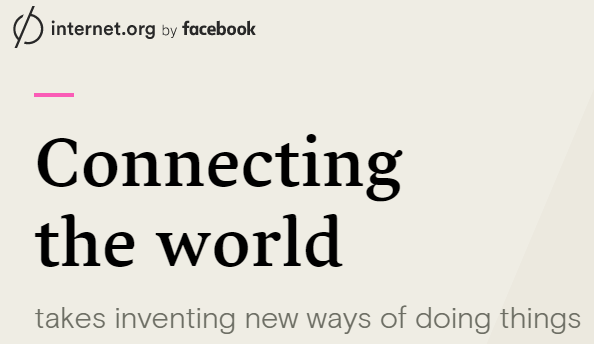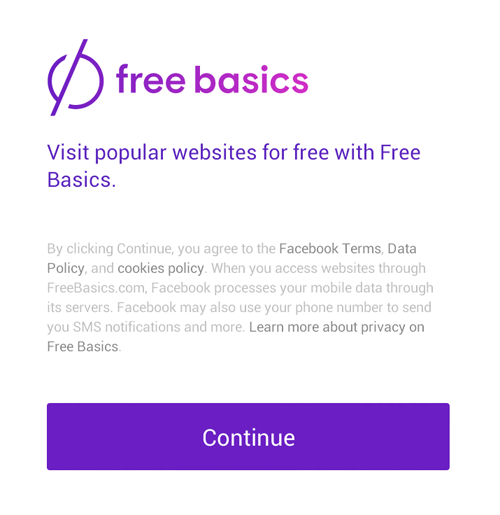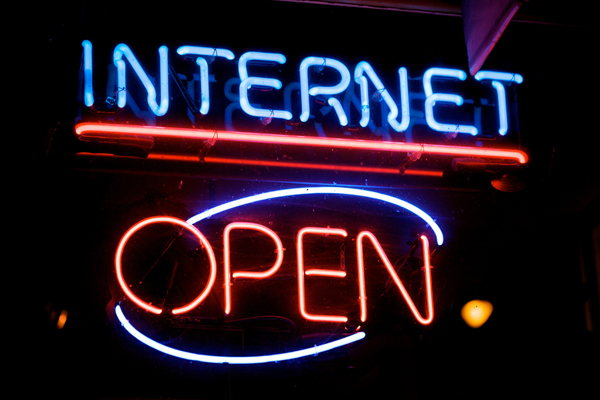Right from the invention of the World Wide Web, the internet has become a part of our everyday life. We have reached a point where the internet has become a basic necessity. Internet freedom and net neutrality have become a trending topic in recent years.
So, what is net neutrality?
All websites on the internet must be equally accessible to everyone on the planet. When you buy an internet plan, your service provider must provide you full access to any website you want without any restriction. One must be able to access all the information on the internet at the same speed. That means, no discrimination on any content regardless of its source.
The term “net neutrality” was coined by Columbia Law School professor Tim Wu. According to him, a public information network will end up being most successful if all content, sites, and platforms are treated equally. Net neutrality supports the idea of an open internet where full resources of the internet are completely accessible to each and every individual.
Supporting this idea leads to a more transparent web. All individuals and companies depending on the internet must be able to easily connect and do business without any interference from a third party.
What is Internet.org?

Many of you might have already heard about Facebook’s Internet.org. For those who don’t know, let me explain you quickly. Internet.org is an initiative by social media giant Facebook along with its partners including Samsung, Ericsson, MediaTek, Opera Software, Nokia and Qualcomm.
Internet.org provides free internet access to selected services in less developed countries. In the name of Free Basics, they provide free access to services like news, maternal health, travel, local jobs, sports, communication, and local government information. It means free data access to a limited set of websites including Facebook, Messenger, Wikipedia, and Google Search.
This means that not all of the content on the internet can be accessed through this program. By providing affordable access to a few selected content on the internet, they plan to develop business models around the provision of internet access.
Internet.org and net neutrality
Since its launch, it has been heavily criticized for violating net neutrality. It provides limited access to internet services by discriminating against companies that are not participating in the platform. This provides an unfair advantage to the participating companies over others. All the other websites on the internet remain paid. Facebook announced that the Internet.org Platform would be opened to all websites that meet its criteria. But still many of Facebook’s competitors are not fully accessible through this platform.
Google Search is available through this platform. Individuals in these countries can search for information using Google. But, clicking through the Google search results will require a data plan. This means that those who do not have a data plan, will not be able to access the website one clicks through Google results unless it is participating in Internet.org platform. Unless internet.org provides full access to all the websites on the internet, it is a violation of net neutrality and a barrier to the open internet.

Internet.org’s app named Free Basics is currently available in 37 countries in Africa and the Asia Pacific. They continue to cover more countries in the following years by partnering with telecom operators in these regions.
What does it mean to your internet start-up?
Since it’s launch, many startups have pulled out of internet.org in support of net neutrality. Internet.org aims to increase internet access in developing markets like India, Kenya, and Zambia, mainly in rural areas where people are still getting started to familiarize with the internet and may not be able to afford data plans. Facebook and its partners are looking to expand their services among the untapped internet use in these countries.
In an interview with The Guardian, the inventor of the World Wide Web, Tim Berners-Lee said people should “just say no” to the project.
When Facebook was a startup, it gained its users through the neutrality of the internet where users had full freedom to access the websites of their choice. However, Internet.org’s limited access creates a situation wherein startup services and businesses that are not in the Internet.org’s platform would be disadvantaged. While the Internet.org remains firm with their goal, many of the businesses still remain out of this platform. Do you support Internet.org for your business? Let us know your thoughts in the comments section.
